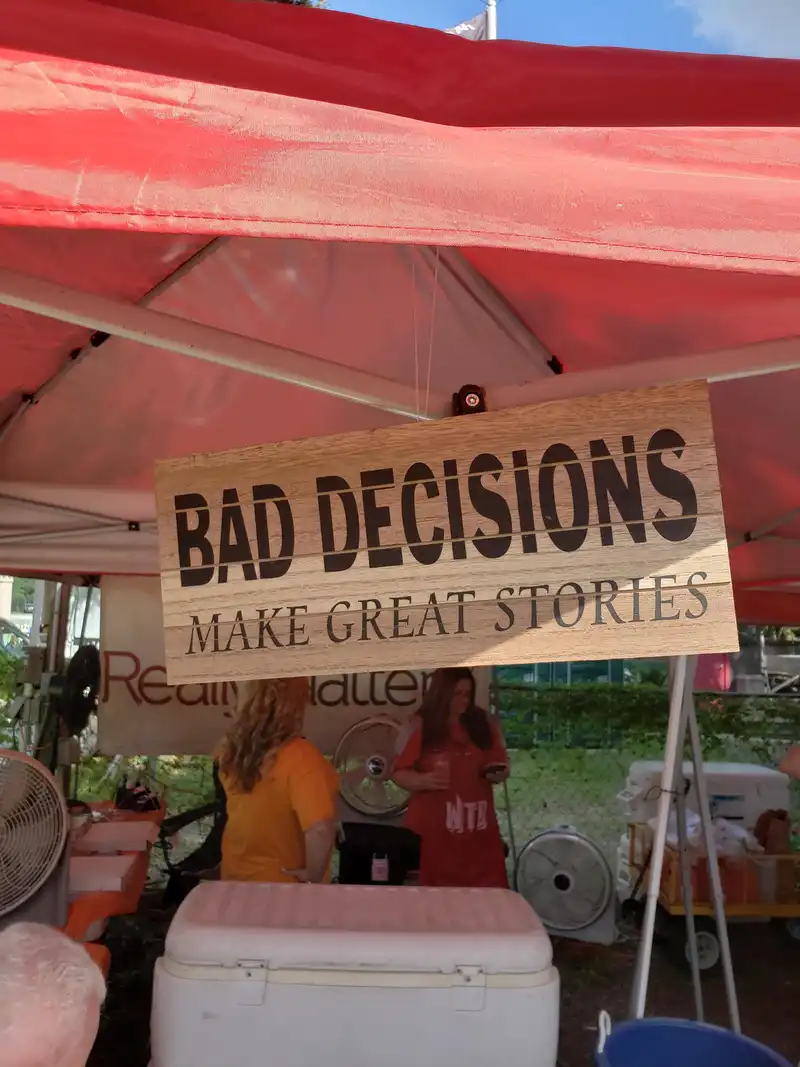The Integrity Trap: An Introduction
Here’s a little story about me. Recently, I have been exposed to several things that caused pseudo existential questions to surface. If you work long enough and get exposed to enough complicated business situations, eventually you will start to wade into the uncomfortable waters of emotional intelligence. To be honest, the older I get (More mature…maybe wise?) the more I cherish the chances to learn in those deeper waters. I am discovering, I believe, that there are amazing things to be discovered in the deep end of this ocean. But like all deep water (give me some grace on my stretched analogy), there are also perilous threats lurking beneath the surface. The one I will try to opine on today is the “Integrity Trap.”
A Brief Description
Have you ever been in a situation where someone reacts defensively, claiming their integrity is being questioned, when that wasn’t your intention at all? Have you ever been that person? The one who felt as though their very integrity had been questioned? Oftentimes this phenomenon occurs when there’s a misinterpretation of actions, leading individuals to feel their moral fiber is under siege when it’s not. The “Integrity Trap” is not about actual breaches of integrity. Instead, it’s a perception challenge. At its core, it arises from:
- Misinterpretation of Motives: We might see an action and ascribe a negative motive to it based on our own experiences or biases. (More on this later in this article with a ‘Hat Tip’ to my friends at Talentism)
- Emotional Triggers: Past experiences where a person’s integrity was genuinely questioned can make them hypersensitive to future interactions.
- Lack of Open Communication: When assumptions are made without clarity, misunderstandings proliferate.
Why is this a big deal? Well, being incorrect or accused of being incorrect on factual or technical issues is one thing. In fact, it is a pretty simple thing that we should all be able to deal with during our interactions. When things really get hairy is when ethics are involved, or our self-worth. When the transgression we are accused of is not tethered to a code problem, a strategic mistake or a bad tactical decision. It is rather a set of critiques or actions that seem to impugn our very integrity. When this situation arises, I can tell you the fight or flight reflex is strong (and I am too rotund to fly).
But hey, let’s all calm down. How often is someone really assaulting your humanity? (Side note, my brother who is a Deacon in the Catholic Church often refers to people in our conversations as ‘Human Persons.’ It seemed to have particular importance in his lexicon, so I looked it up. If you are unfamiliar with this term, I encourage you to research it. While I have many issues with practically all religious dogma, I believe the spirit and intent of this label is fantastic and something I want to spend more time on down the road. Anyway, I digress.) Was the jerk at work really calling into question your humanity?
Your integrity?
Your very being?
It is pretty damn unlikely.
That is from someone who has been pretty damn certain way too often over the last 24 months that exactly that was being done by multiple people who I viewed as adversaries (More on this concept of adversaries in a follow-up blog and how a colleague of mine teaches me almost daily how to be better at seeing things from the other side of the table).
If I had taken time and taken a breath like I had been trained to do by my coach, I would have diagnosed those ‘Bad/Stupid/Lazy (BSL)’ narratives earlier and with more clarity. By really evaluating what was happening, not just from my vantage point but, importantly, from my assumed ‘adversaries’, I may have been able to understand better the position from which they were coming and driven a more productive outcome in many areas. This is an area I still struggle with and plan to continue to focus on as I feel it is one of the areas where a superpower can be uncovered or, at the very least, a kryptonite like weakness can be bolstered if we just get out of our own way.
To navigate around the “Integrity Trap,” consider the following strategies:
- Empathy is Essential: Instead of jumping to conclusions, try to understand the other person’s perspective. (From a Talentism perspective, avoid BSL Narratives. A great link to the FS.BLOG interview with Jeff Hunter, Founder of Talentism covering this and more can be found here - [Jeff Hunter: Embracing Confusion (fs.blog)] (https://fs.blog/knowledge-project-podcast/jeff-hunter/) – More on Talentism in later posts I am sure)
- Open Dialogue: When in doubt, communicate. Ask open-ended questions and give the other person a chance to explain.
- Self-awareness: Recognize your own biases and triggers. Are you prone to misinterpreting actions because of your past?
In closing for today as these are not supposed to be as long as this has expanded into, the ‘Integrity Trap’ is less about the assault on our moral compass and more about the murky waters of human interaction. It’s a misstep in the dance of communication that we’ve all experienced. So, before we brace for battle or take flight, let’s pause. Let’s consider the possibility that the intention behind the action isn’t an arrow aimed at our character. By fostering empathy, engaging in honest dialogue, and understanding our own reflexes, we unlock the potential for stronger, more resilient relationships. In the end, navigating the ‘Integrity Trap’ isn’t just about safeguarding our sense of self; it’s about building bridges where gaps in understanding lie. And who knows? Perhaps in those bridges, we’ll find our path to not just a good reputation, but to genuine, unwavering integrity.

